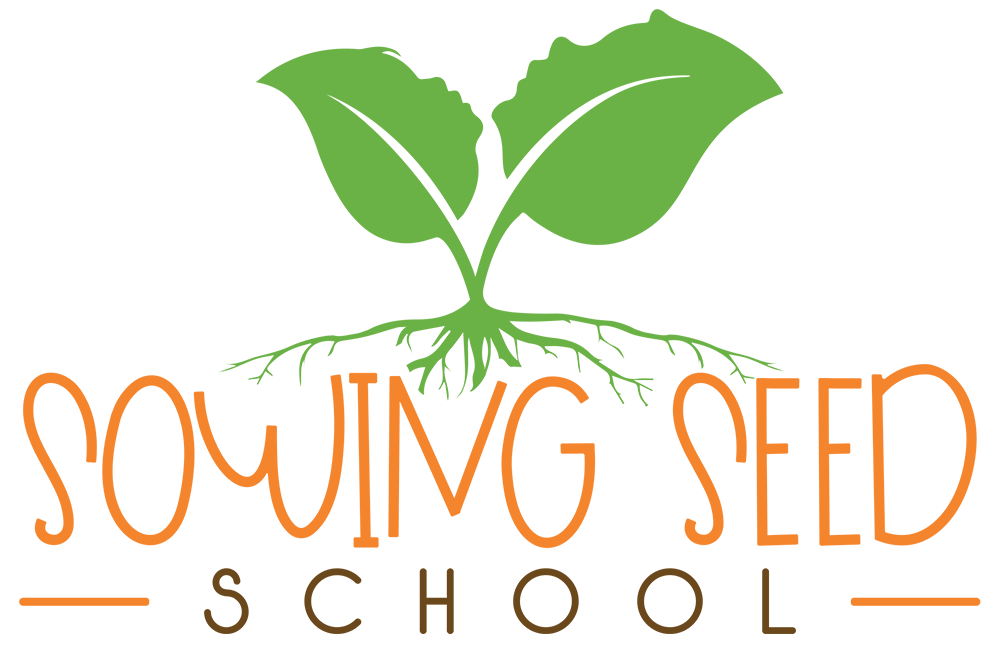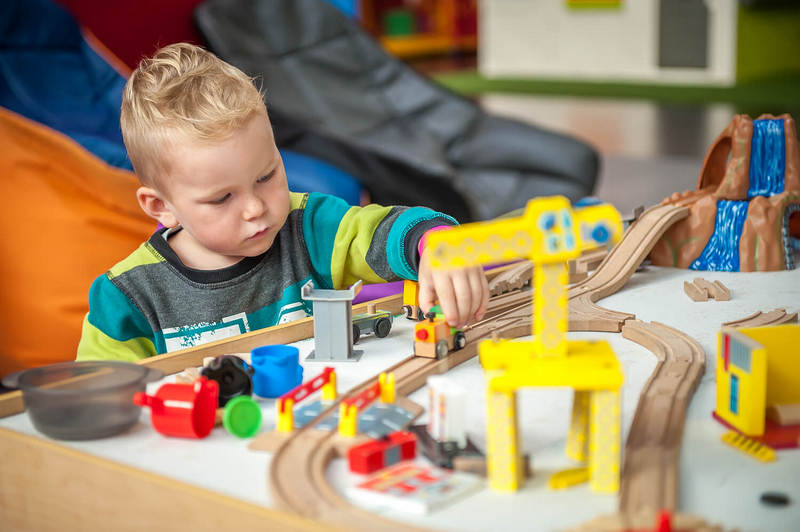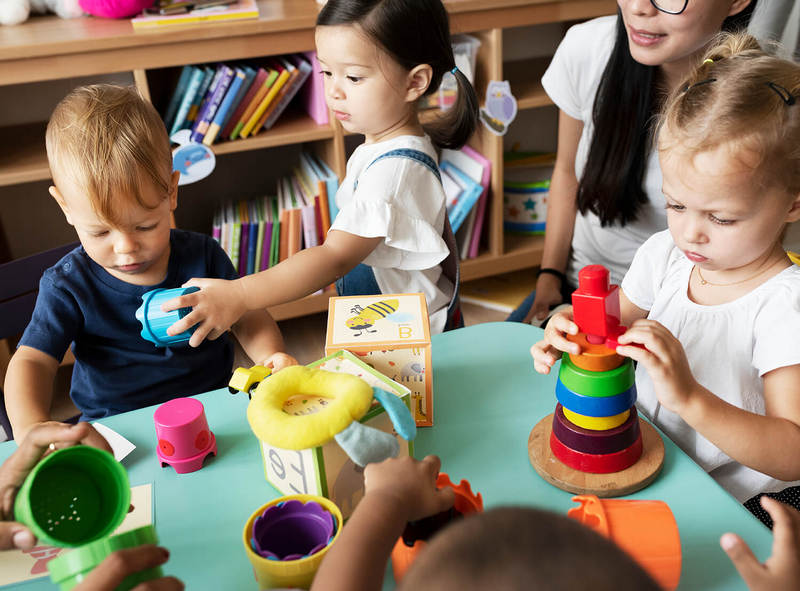“Teachers affect eternity;
They can never tell where their influence stops.”
TODDLER DEVELOPMENT
The toddler program encourages your child’s natural curiosity in a fun and stimulating learning environment. A good portion of toddler-hood shapes a child’s brain structure in preparation for life long learning.
Mastering new skills such as how to walk, talk, and use the potty are developmental milestones. It is exciting to watch your toddler learn new skills. The normal development of children aged 1-3 includes several areas:
- Gross motor – walking, running, climbing
- Fine motor – feeding themselves, drawing
- Sensory – seeing, hearing, tasting, touching, and smelling
- Language – saying single words, then sentences
- Social – playing with others, taking turns, doing fantasy play
DEVELOPMENT THEORIES
A good portion of toddler-hood, shapes a child’s brain structure in preparation for life long learning.
Behavioral child development theories center on how children learn through their interactions with the environment. Early in the twentieth century, the school of thought known as behaviorism took hold in psychology. The behaviorist believed that learning and development were the result of associations, rewards, and assessment.
Two important behavioral processes that influence development are classical conditioning and operant conditioning. Classical conditioning involves forming an association between a previously neutral stimulus and a stimulus that naturally and automatically produces a response. After an association has been formed, the once neutral stimulus now produces the response all in its own.
OUR TODDLERS & TWO YEAR OLD PROGRAM
FEATURES:
– Transition from infant program
– Monthly themed lesson plans and experiences all aligned with NJ Birth-3 Early Learning Standards of New Jersey
– Transition from individual eating chairs to family style table for all meals and refreshments
– Indoor and outdoor playground for gross motor development
– Outdoor neighborhood walks on the rope for gross motor development
– Monthly calendar activities shared with families
– Toilet training support in collaboration with families
– Preparation of students for preschool program
Testimonials
Our daughter Renee started sowing seeds back in September when she was just 3 months old. We are very thankful for the love and affection that she has received from miss Gloria, and the others in the school. I highly recommend this facility to all the parents looking for a top-notch daycare/school for their kids.
A Word
From Managing Director
“Children have always been my passion. I am blessed with three amazing children and have enjoyed a 30 plus year career of working with children and families as a teacher, School Principal, and Director of Educational Programs in both the public and private sector. “
– Marilyn Duran
Students
ADMINISTRATION
TEACHERS
Years Established
Get In Touch
Location: 100 Avenue @ Port Imperial, Weehawken, NJ 07086
Telephone: (201) 766-1053
Email: [email protected]
School Hours: M-F: 7am - 7pm

Seeds for Success
Learning requires active thinking and experimenting in a nurturing environment with endless opportunities.
At Sowing Seed School, our goal is to support children’s development from birth and prepare them for the future by providing a safe, warm, and welcoming place for them to explore, learn, and grow at their own pace.
Grow with us
Our newly constructed, modern facility (10,000 sq. ft of high ceiling space) is meticulously maintained to provide a safe and healthy environment for your child.
Our staff will engage your child in developmentally appropriate activities to ensure high quality education.

